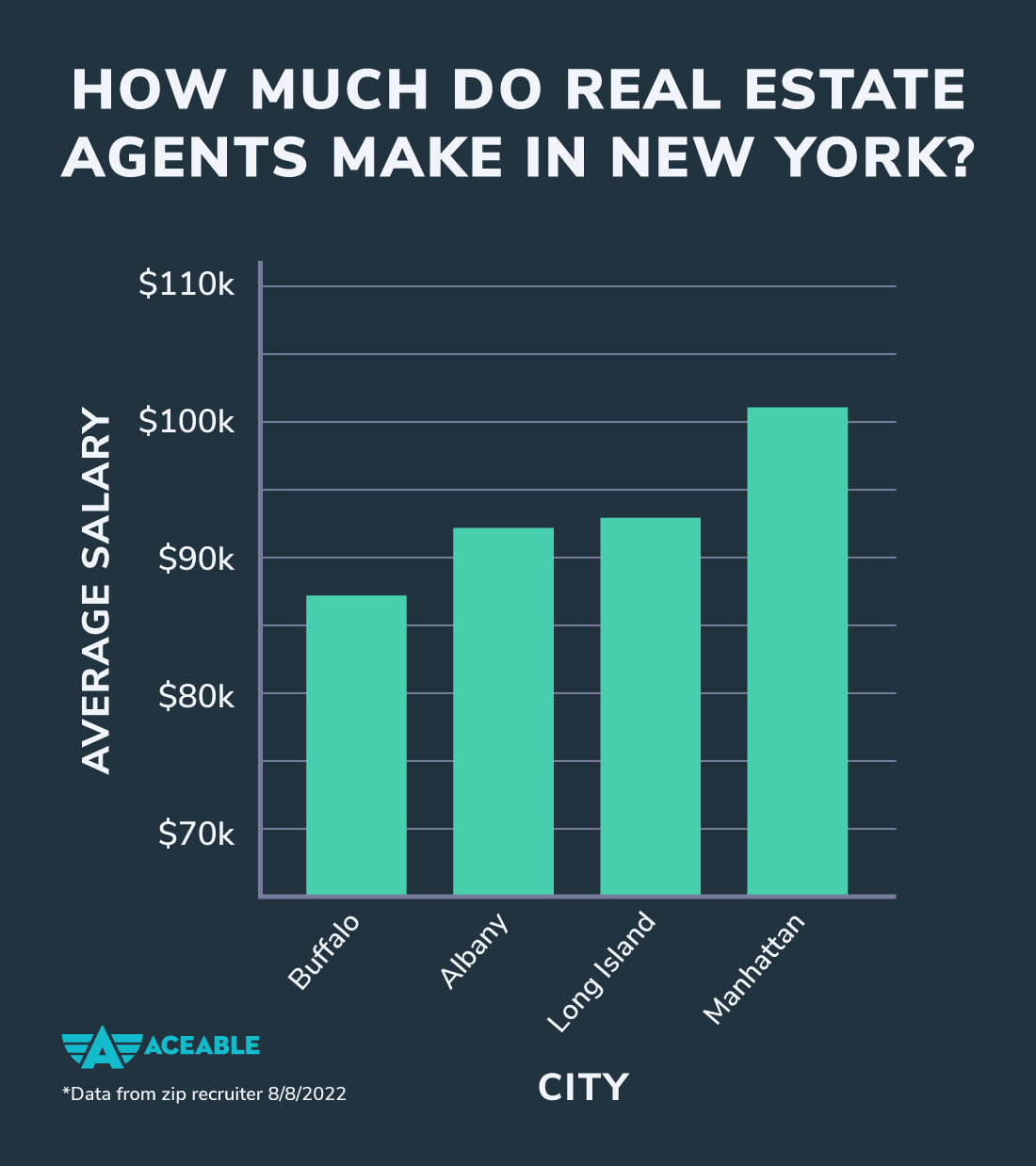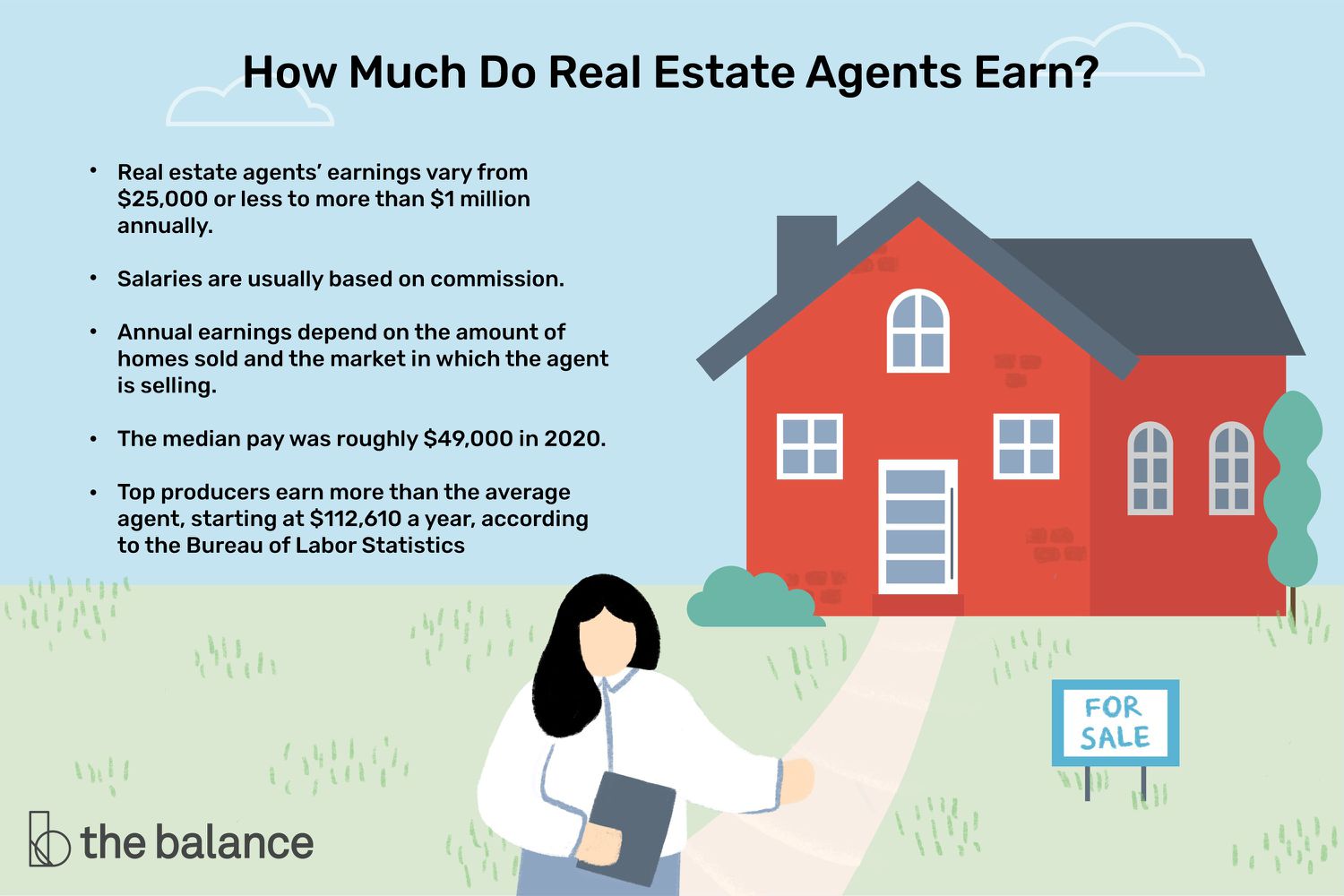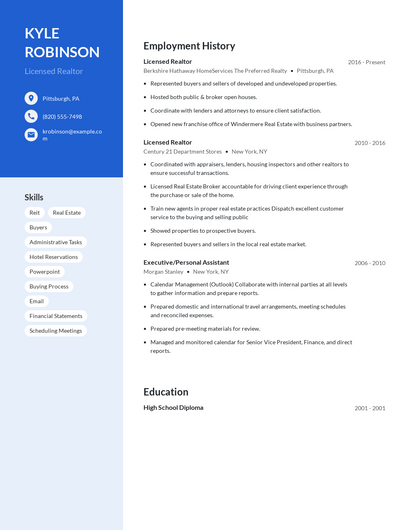
A listing agent is an essential part of a real-estate transaction. The listing agent will be the seller's advocate, and will communicate with the buyer's representative on your behalf. He or her will be there to offer advice and support, as well as help in negotiating the best deal. A listing agent gives you valuable information about the local market.
Job duties
Listing agents' job is to market a seller’s property by determining its price, preparing and marketing it. To ensure smooth sales, they are responsible for maintaining good relationships with clients and referral sources. An ideal listing agent should have strong communication skills, experience in the real estate industry, and be detail-oriented. They should also be able to work independently.
Listing agents should be able market the property of their clients to get a higher price. Additionally, the listing agent must be able and willing to conduct research on comparable properties as well as the local real-estate market. This will speed up the process and allow sellers to sell their house for a better price. A listing agent must also be able and able to manage time and meet deadlines.

Commission structure
A listing agent in the US will earn a commission when your property is sold. It will typically be a fixed percentage. In some states, however, the commission may be split between the listing agent and buyer agent. This is known by the "dual agencies" and is a complicated issue.
The listing agent's performance and broker requirements will determine the commission structure. The commission split can be 50-50, 60-40, or 70-30. Some brokerages may also use tiered splits, which change the percentage based on volume and the broker's goals. This commission structure has the goal of retaining top agents and making their commissions more predictable.
Responsibilities
The duties of a listing agent extend beyond listing properties, presenting purchase offer and making offers. They also advise clients on market conditions and mortgages. They promote sales through various marketing strategies, prepare content for sales presentations, as well as accompany buyers during property inspections. Some real estate agents also handle leads generated by buyer's agents.
One of the biggest duties of a listing agent is pricing the property accurately. This is critical to the seller's success. In addition to a competitive price, listing agents should make sure that the listing photos are taken professionally and accurately, as this is where the first showings of a property will occur.

Cost
It is important to look at the commission charged by a listing agent when selecting a broker. Generally, listing agents are paid a percentage of the sales price, so a 7% commission on a $200k property would mean $14,000 in commission. The listing brokerage would retain $7,000 and the listing agent would get a 60% share of the remainder commission, which would be $4,200.
To reduce the cost, you can negotiate with your agent. You may be eligible for commission rebates if your property is sold through multiple agents.
FAQ
How much money can I get to buy my house?
It all depends on several factors, including the condition of your home as well as how long it has been listed on the market. Zillow.com says that the average selling cost for a US house is $203,000 This
What is a Reverse Mortgage?
Reverse mortgages are a way to borrow funds from your home, without having any equity. It works by allowing you to draw down funds from your home equity while still living there. There are two types of reverse mortgages: the government-insured FHA and the conventional. You must repay the amount borrowed and pay an origination fee for a conventional reverse loan. FHA insurance will cover the repayment.
What are the top three factors in buying a home?
Location, price and size are the three most important aspects to consider when purchasing any type of home. Location refers to where you want to live. Price is the price you're willing pay for the property. Size refers how much space you require.
How can you tell if your house is worth selling?
You may have an asking price too low because your home was not priced correctly. You may not get enough interest in the home if your asking price is lower than the market value. Our free Home Value Report will provide you with information about current market conditions.
Statistics
- This seems to be a more popular trend as the U.S. Census Bureau reports the homeownership rate was around 65% last year. (fortunebuilders.com)
- 10 years ago, homeownership was nearly 70%. (fortunebuilders.com)
- It's possible to get approved for an FHA loan with a credit score as low as 580 and a down payment of 3.5% or a credit score as low as 500 and a 10% down payment.5 Specialty mortgage loans are loans that don't fit into the conventional or FHA loan categories. (investopedia.com)
- Private mortgage insurance may be required for conventional loans when the borrower puts less than 20% down.4 FHA loans are mortgage loans issued by private lenders and backed by the federal government. (investopedia.com)
- Some experts hypothesize that rates will hit five percent by the second half of 2018, but there has been no official confirmation one way or the other. (fortunebuilders.com)
External Links
How To
How to Manage a Property Rental
While renting your home can make you extra money, there are many things that you should think about before making the decision. We'll show you what to consider when deciding whether to rent your home and give you tips on managing a rental property.
If you're considering renting out your home, here's everything you need to know to start.
-
What is the first thing I should do? Before you decide if your house should be rented out, you need to examine your finances. If you have any debts such as credit card or mortgage bills, you might not be able pay for someone to live in the home while you are away. Also, you should review your budget to see if there is enough money to pay your monthly expenses (rent and utilities, insurance, etc. You might find it not worth it.
-
What is the cost of renting my house? The cost of renting your home depends on many factors. These include factors such as location, size, condition, and season. Remember that prices can vary depending on where your live so you shouldn't expect to receive the same rate anywhere. Rightmove estimates that the market average for renting a 1-bedroom flat in London costs around PS1,400 per monthly. If you were to rent your entire house, this would mean that you would earn approximately PS2,800 per year. This is a good amount, but you might make significantly less if you let only a portion of your home.
-
Is it worth it. There are always risks when you do something new. However, it can bring in additional income. Be sure to fully understand what you are signing before you sign anything. Your home will be your own private sanctuary. However, renting your home means you won't have to spend as much time with your family. You should make sure that you have thoroughly considered all aspects before you sign on!
-
What are the benefits? It's clear that renting out your home is expensive. But, you want to look at the potential benefits. You have many options to rent your house: you can pay off debt, invest in vacations, save for rainy days, or simply relax from the hustle and bustle of your daily life. It is more relaxing than working every hour of the day. If you plan well, renting could become a full-time occupation.
-
How can I find tenants? Once you decide that you want to rent out your property, it is important to properly market it. You can start by listing your property online on websites such as Rightmove and Zoopla. You will need to interview potential tenants once they contact you. This will allow you to assess their suitability, and make sure they are financially sound enough to move into your house.
-
What are the best ways to ensure that I am protected? If you don't want to leave your home empty, make sure that you have insurance against fire, theft and damage. Your landlord will require you to insure your house. You can also do this directly with an insurance company. Your landlord will likely require you to add them on as additional insured. This is to ensure that your property is covered for any damages you cause. This does not apply if you are living overseas or if your landlord hasn't been registered with UK insurers. In such cases, you will need to register for an international insurance company.
-
You might feel like you can't afford to spend all day looking for tenants, especially if you work outside the home. You must put your best foot forward when advertising property. Post ads online and create a professional-looking site. It is also necessary to create a complete application form and give references. While some people prefer to handle everything themselves, others hire agents who can take care of most of the legwork. Interviews will require you to be prepared for any questions.
-
What do I do when I find my tenant. If you have a lease in place, you'll need to inform your tenant of changes, such as moving dates. If you don't have a lease, you can negotiate length of stay, deposit, or other details. Remember that even though you will be paid at the end of your tenancy, you still have to pay utilities.
-
How do I collect rent? You will need to verify that your tenant has actually paid the rent when it comes time to collect it. You'll need remind them about their obligations if they have not. Any outstanding rents can be deducted from future rents, before you send them a final bill. If you're having difficulty getting hold of your tenant you can always call police. They will not normally expel someone unless there has been a breach of contract. However, they can issue warrants if necessary.
-
What can I do to avoid problems? While renting out your home can be lucrative, it's important to keep yourself safe. You should install smoke alarms and carbon Monoxide detectors. Security cameras are also a good idea. You should also check that your neighbors' permissions allow you to leave your property unlocked at night and that you have adequate insurance. You must also make sure that strangers are not allowed to enter your house, even when they claim they're moving in the next door.